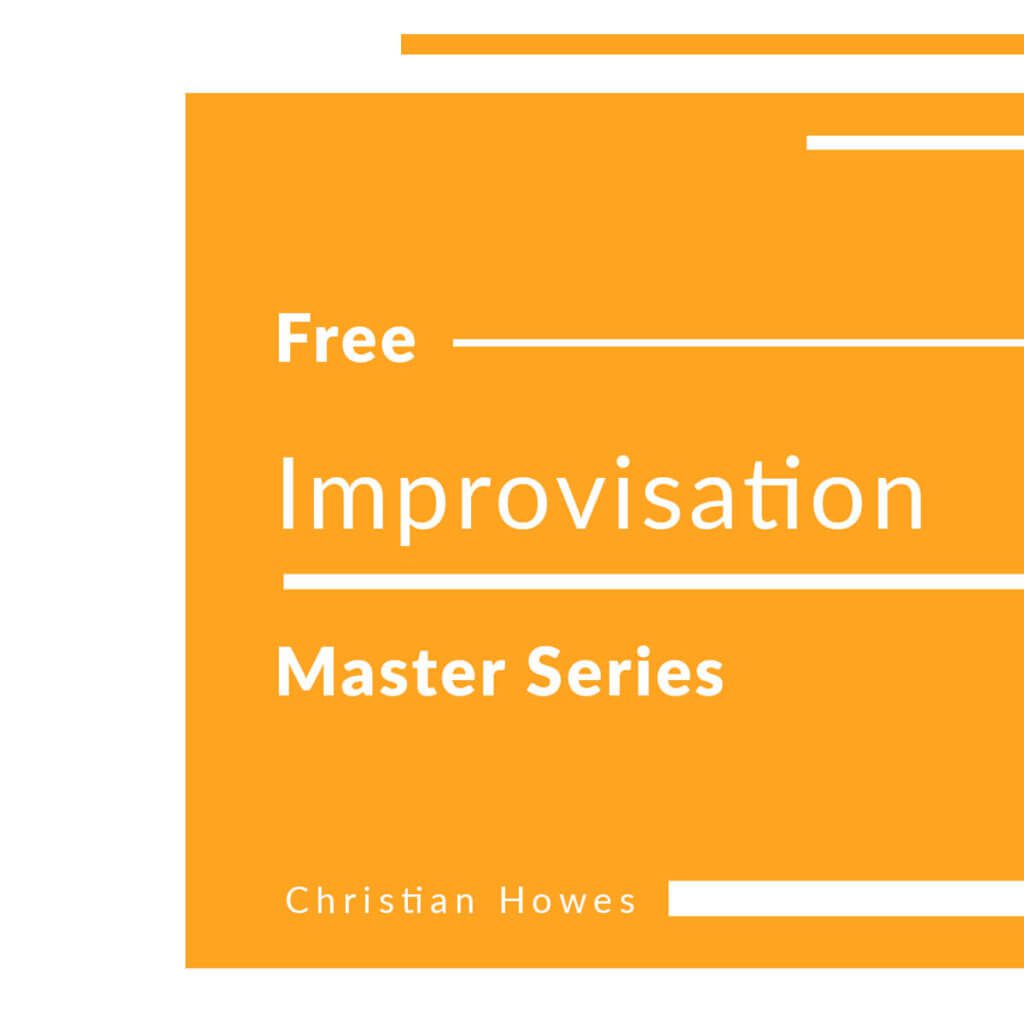Unlock Your Creative Voice. Play Anything Anytime.
- Learn to improvise regardless of your technical or stylistic background
- Explore your creative side with zero judgement
- No previous improvisation experience necessary
A lot of people think they can’t improvise because they just aren’t creative.
I used to think that about myself. I played Paganini, but I was jealous of the kids who could write their own songs….
I assumed I just wasn’t born creative like them.
But that was a false assumption.
You, and I, are human. And therefore we are creative.
So if natural creativity isn’t actually the problem, what is?
99% of the time the reason we get stuck trying to create music is because of a lack of knowledge and understanding of things like harmony, form, groove, i.e. conventions and context.
The frameworks I teach inside “Free Improvisation” allow you to express and refine your creative musical voice- by separating the creative process from the process of learning conventions. It’s a freeing and affirming experience- no matter your technical level or musical background.
And this course is not all about “playing free”. That’s just a small part of it.
It’s really about understanding how to give yourself structure.
Once you have a way to provide yourself structures, you can play anything anytime.
Improvisation does not require you to have any baseline of technical/musical/harmonic/rhythmic/stylistic familiarity or proficiency.
– Whether a beginner or advanced, you can start creating today.
– And after the first five minutes of this course, you will be able to do it. I’ll give you structures that allow you to easily create your first 100 improvisations.
Let me explain…
Rose first played for me during a masterclass in Singapore when she was 9 years old.
Years later when she came to the U.S. to study at Manhattan School of Music, she began attending our summer workshops.
She had never done anything beyond classical; She was curious about how to express herself musically in other ways.
I remember when she came the first time to our summer workshop that she seemed intimidated by new information:
- Melodic and rhythmic Vocabulary particular to different styles of music
- When to play and when to lay out
- How to navigate harmonic progressions
- How to play over different grooves
- Improvisation
When she came to my free improvisation classes something opened up for her.
She could be creative using the skills she had, while sounding totally unique.
We did a lot more free improvisation that week, and when I asked her about it , she said ,
“I got it”.
And she coined the saying that I like to use now,
“Play anything anytime”.
It’s so simple, and so powerful. Whether you’re advanced on your instrument or just starting.
It’s a powerful thing to give to your students if you teach, especially if you’re willing or comfortable modeling it.
An important part of doing it or modeling it is accepting yourself. Accepting your playing. Accepting whatever happens in a moment. Even when you’re not sure whether you like something you played or not.
It’s why I continue to share examples of free improvisations and it’s why I encourage all my students to “make your first 100 improvisations”. After that you’ll never question your creativity again.
An exercise in awareness, creativity, acceptance.
A Lesson for you. Something you can do right now.
Whether you share with your students, or the public, or not.. Whether you have technical ability or not. Whether you know harmonic, stylistic, rhythmic vocabulary, or not…
Sometimes you won’t know whether you like a piece you played or not. Sometimes you’ll know right away. Sometimes you’ll know after six months. Sometimes your opinion of what you played will change.
Either way, I recommend you “”Make 100 improvisations and then throw them away. Then you’ll be an improvisor/composer”.
This is all in the course “Free Improvisation”.
After you make your first 100 you’ll be ready to start inquiring into what you like or don’t like. Evaluating, discerning. Nothing personal- just noticing things.
There are things I like about my performances. There are things I’m ambivalent about. There are things I would do differently. Listening back helps me decide what to do differently later.
Do I struggle with sharing them? Absolutely.
I think we have two choices: 1) Our Fear 2) Our Mission
My mission is to be expressive, creative, discovering, teaching, sharing… Every day I try to weigh that vs my fear. Some days I fail, others I succeed.
My Yoga teachers say “notice where you are right now. that’s exactly where you need to be. Give yourself a big hug”
Can you imagine how much you’ll grow by doing 100 improvisations?
Why this matters:
It had always been a source of pride for me as a young kid that I could play the violin well.
Except something changed when I was 15.
Some of the other kids weren’t impressed by my “classical virtuosity”.
Kids who wrote songs and played in rock bands- were COOL.
All the girls- and guys- wanted to hang around THEM.
I felt UNcool.
I assumed I was born Uncreative.
This reinforced my fear of being unattractive, uninteresting, unlikeable, and unworthy.
Having those feelings sucked.
That belief that I was unworthy and unlikeable re-emerged from time to time throughout my life.
I expected people not to like me.
Sometimes I would fulfill that expectation through the energy I put out, and the things I said or did.
Part of me felt inadequate.
Part of me was so afraid of what I might feel if I tried to gain people’s acceptance and people rejected me anyway, that I stopped trying to gain their acceptance, and instead invited them to reject me…
But a voice inside fought to prove my negative self-beliefs wrong.
The muffled voice said maybe, just Maybe, I AM creative. (“Interesting”, “attractive” or “Soulful”, pick your favorite word)
So I joined rock bands, bluegrass, blues, free jazz, gospel, indie songwriters, EDM, Latin bands, and fiddle music etc…
Every time I entered into a new space, community, or paradigm, I looked to pick up a missing piece- something that would hopefully make me feel more solid and valid.
Being able to play with other musicians, learning the language to speak to them, the rules of different styles, harmonic and rhythmic language and tunes, helped to validate me somewhat-
kind of like the way that being a virtuoso violinist had validated me when I was a little kid.
It was “different” to do rock and other styles on a violin.
But that novelty wore off.
Being able to “do all the things”, i.e., improvise in the style, accompany, follow the chords, know the grooves…
is not the same thing as having a uniquely creative signature voice.
When someone else hears you play just TWO notes and they know it’s you without even seeing you play.
All that time, I had been working on another thing- (independently of harmony, rhythm, learning tunes,)
It was a kind of practice that was independent of all of these styles, conventions, chords, scales….
I would improvise and compose things in a way that was totally personal to me- and outside the rules of any style or song…
Sometimes it was loosely based on Bartok, Prokofiev and Stravinski’s chamber or orchestral music…
Sometimes it was based on listening intently to the sound of nature, or the co-mingled sounds of whatever environment I was in..
It was a deep inner place I would go to listen, dream, and get lost- and from there I would settle into a deeper level of consciousness and Trust my imagination, my voice, and create from there.
I gave myself permission to let any and every sound emerge. Like a 3 yr-old with a crayon, I had no internal self-judgments.
I could experience indivisible moments of consciousness with almost ANY improvisation.
That private place became a refuge for me. Like meditation or prayer.
Little did I realize, beyond affirming for me that 1. I am creative, just like we all are; and 2. that there would be people who recognize my sound by just hearing two notes from me on a recording…
It gave me something even more important, i.e. a foundation of self-acceptance which would enable me to survive based on validating myself rather than depending on others for it.
Because at the root of our fear of trying anything and failing is a deeper fear to confront, that we are somehow unworthy.
We must validate, soothe, forgive, accept, and love ourselves.
When you do this, you’ll be able to fail as often as necessary until you succeed at whatever you want like
- composing a song
- joining a band
- making your own loops
- booking a tour, releasing an album, forming a new band, starting your own festival, playing a weekly gig,
- launching a new business and making money
- finding love
- thriving in your teaching community
- connecting or reconnecting openly with family, friends, and colleagues.
- being the healthiest version of yourself
……
That’s why the frameworks in this course are important. I welcome you to embark on the journey and see where it takes you. Click below to get started

Free Improvisation Master Series
- 11- video interactive series
- Text transcripts of video dialogue
- BONUS! Additional 5 video series
- start improvising right away
- nuture your creativity and self-confidence
- learn how to give yourself structure in your improvisation without boxing yourself in
Level: All Levels
Price: $69.95
This product is also included in the Creative Strings Academy. For just $39.95/mo you can get access to ALL my eBook and premium multimedia resources on improvisation. Try it today.
